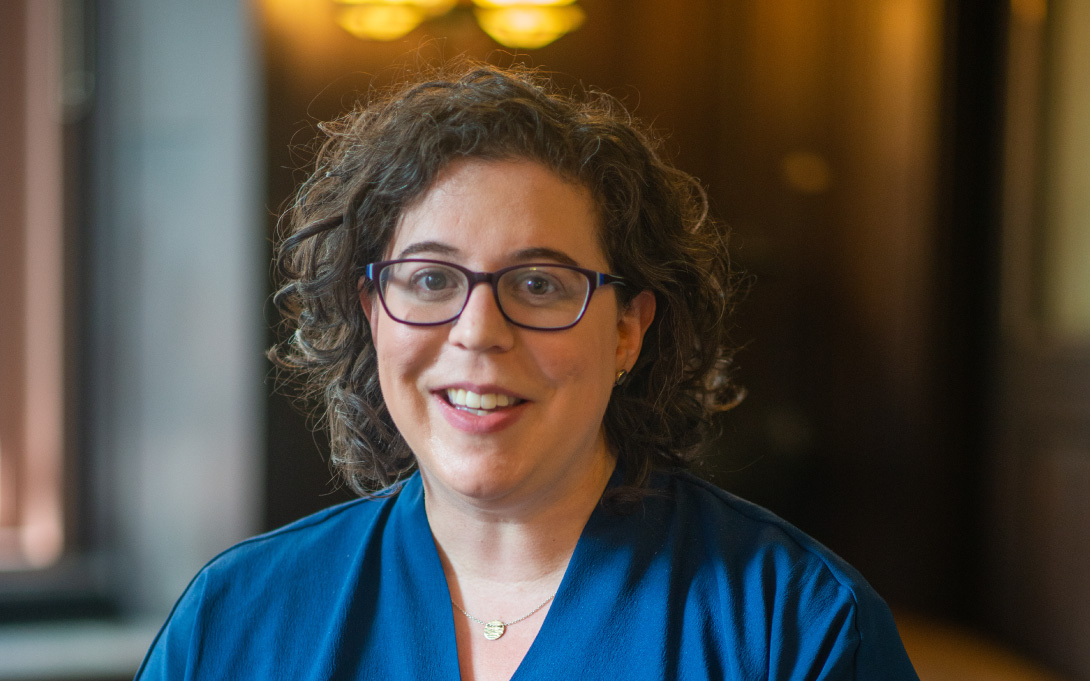
While the merits of charter schools vs. traditional public schools are well-documented, some charter schools in urban areas can dramatically improve student achievement, especially among disadvantaged students, says a University of Michigan researcher.
Sarah Cohodes, associate professor of public policy at U-M’s Ford School of Public Policy, and colleague Susha Roy of the RAND Corporation analyzed 40 previous charter school studies that used admission lotteries to compare similar students who did or did not enroll.
On average, their review found that urban charter schools following a high academic and behavioral approach produced substantial gains in standardized test scores and college enrollment. Such schools emphasize stricter discipline, extended learning time and high achievement expectations.
“We can think of the individual charters and charter management organizations with big impacts on student trajectories as existence proofs: These are school models that can change young people’s lives,” Cohodes said.
Past studies took place in large cities in a handful of states, relying largely on older data prior to 2016. While not nationally representative, the schools studied serve as proof that similar models could drive success elsewhere.
For example, studies of Boston, New York City, Chicago and Los Angeles urban charter schools demonstrate they increase students’ math and reading scores dramatically compared to traditional public schools. One Boston study showed charter middle schools generated gains of 0.4 standard deviations annually in math.
Additionally, attendance at these urban charters improved students’ later admission to four-year college programs in multiple regions. Effects tended to be more pronounced among disadvantaged populations.
“Studies find that lower-scoring students experience the largest gains from charter attendance relative to their peers,” Cohodes said.
Charter school attendance in this group of schools increased four-year college enrollment for students overall. The researchers say the boost appeared biggest for lower-income, nonwhite and special education students.
While the lottery-based approach shows clear evidence of charter school effectiveness overall, it does not prove which specific practices drive success. Studies instead combined practices into models—often grouping urban charters following a high academic and behavioral theory of accountability and achievement.
By correlating impacts with school features, however, the studies analyzed by Cohodes and Roy identified likely drivers: extended learning time, tutoring, strong school culture, teacher quality, data-driven instruction and school leadership.
Despite significant constraints due to data spanning from 2000 to 2015 across 14 states, there is an opportunity for policymakers to expand the application of proven charter school practices within public schools by undertaking more targeted research on what drives high performance, the researchers say.
Further investigation into these areas could solidify the foundation of knowledge for making informed educational policy decisions, benefiting not only charter schools but the entire education sector, they say.
Read "Thirty Years of Charter Schools: What Does Lottery-Based Research Tell Us?"
Story written by Juan Ochoa, Michigan News.
More news from the Ford School